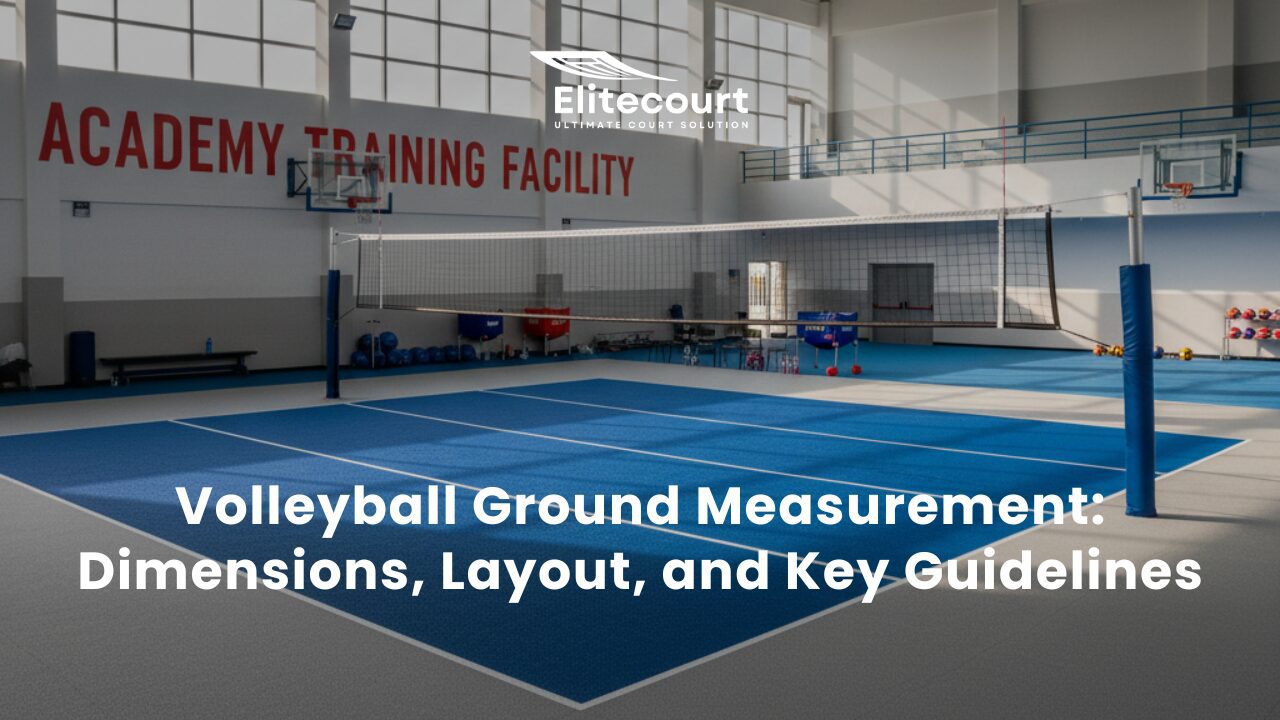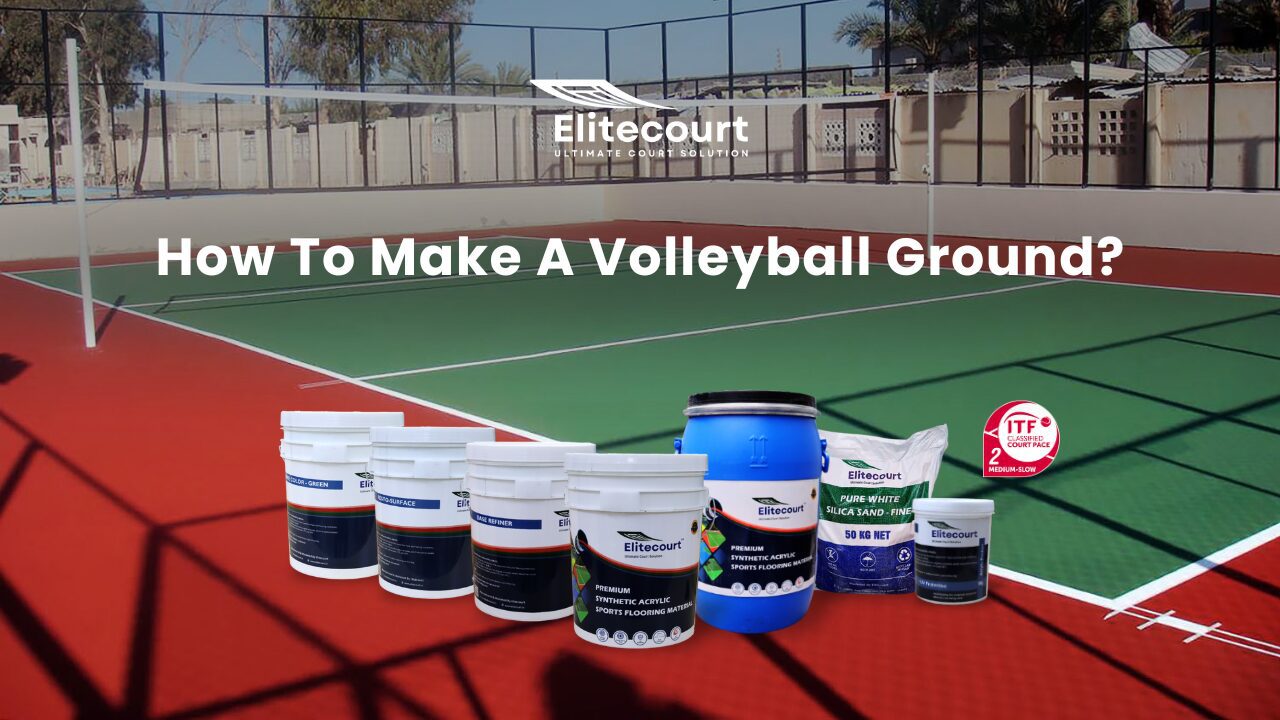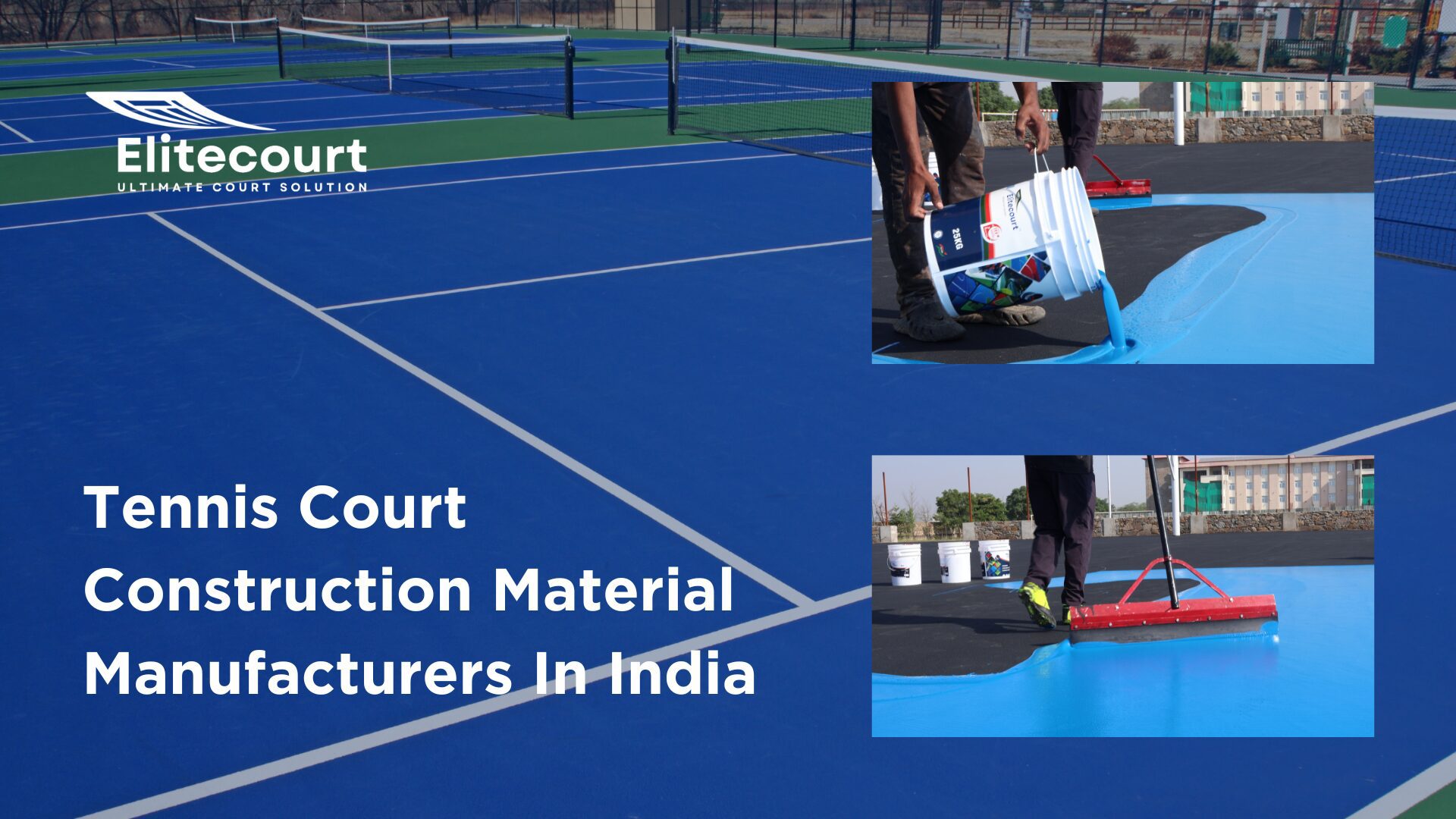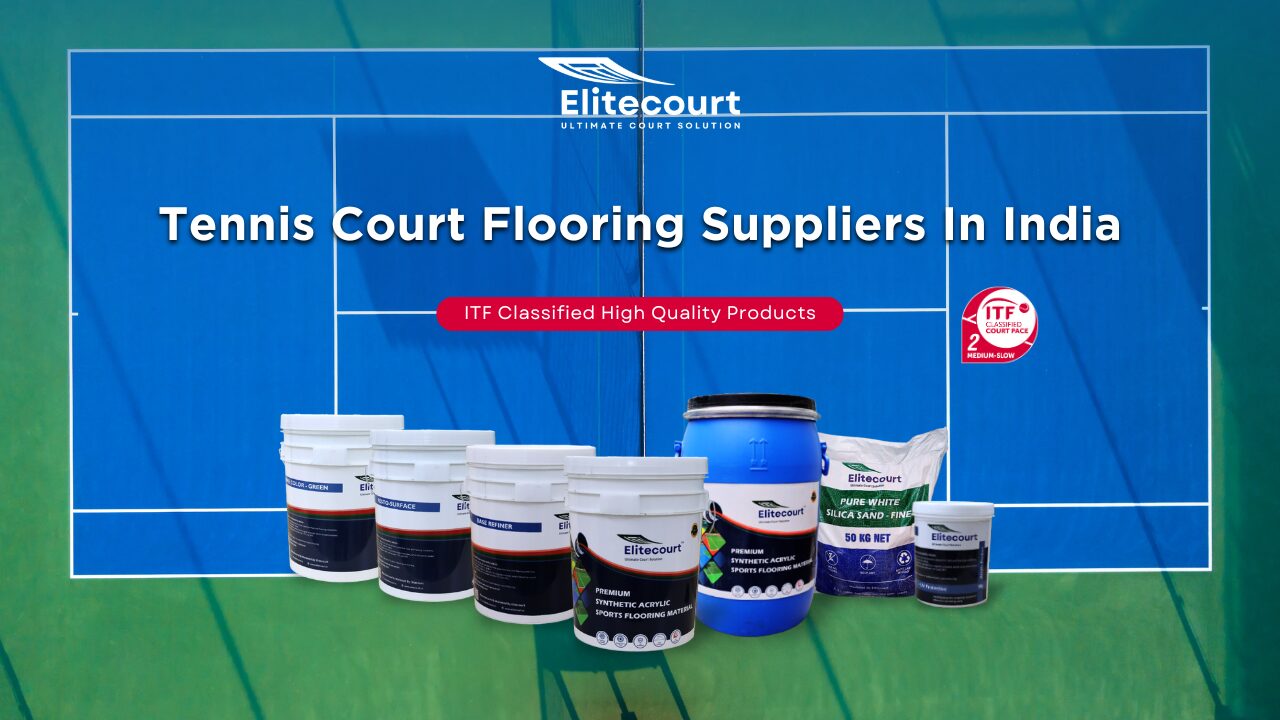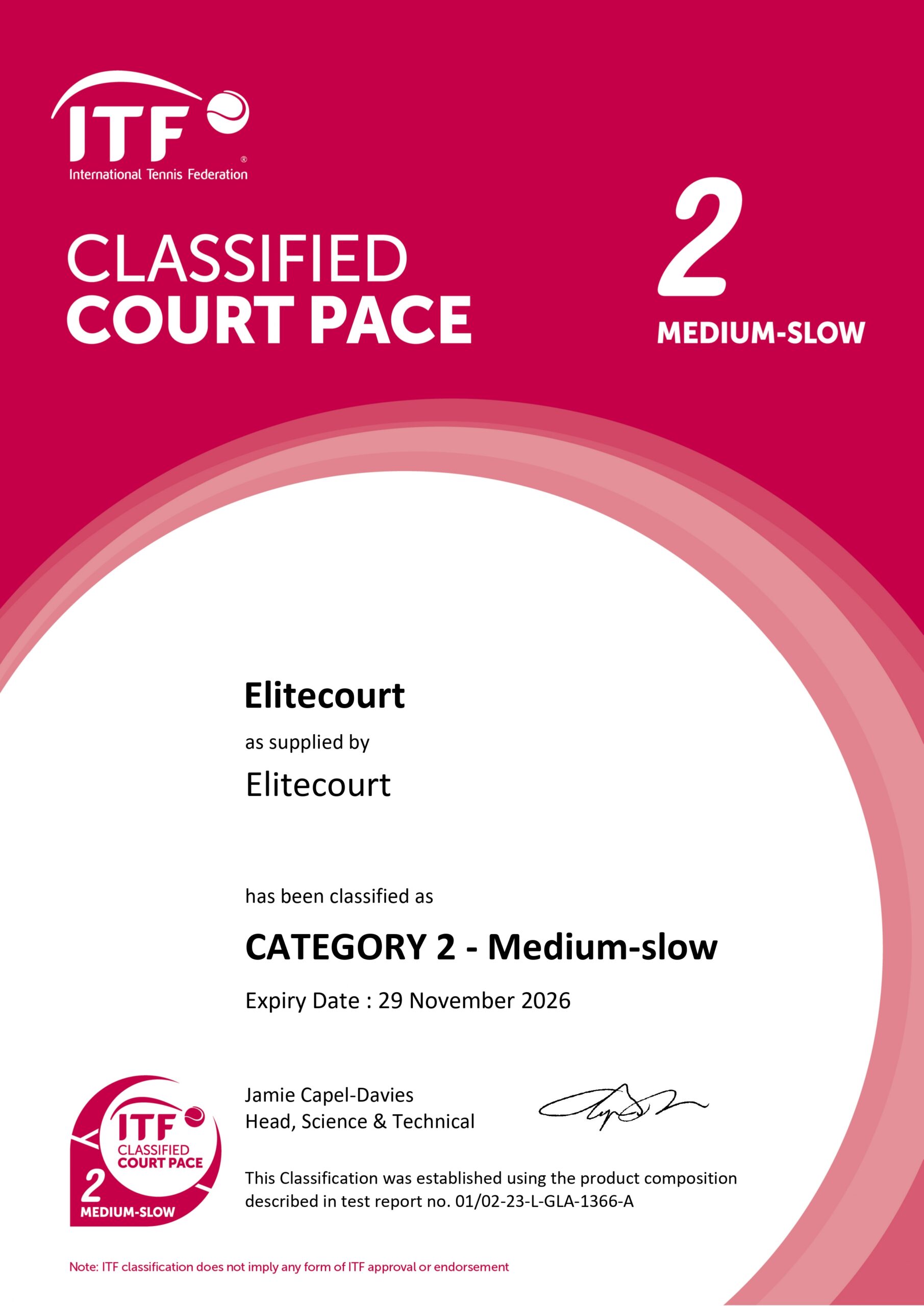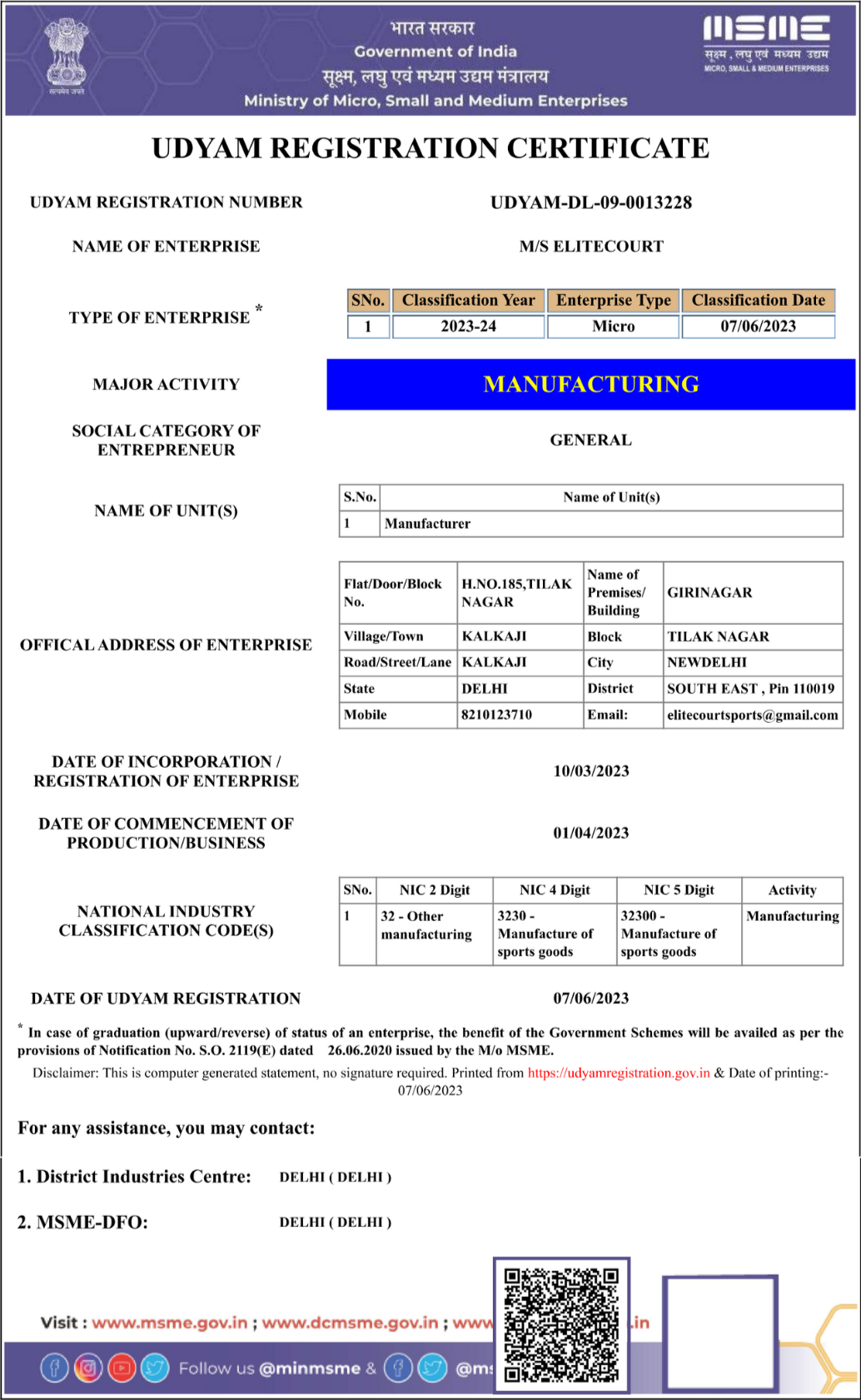What are synthetic Acrylic courts made of?
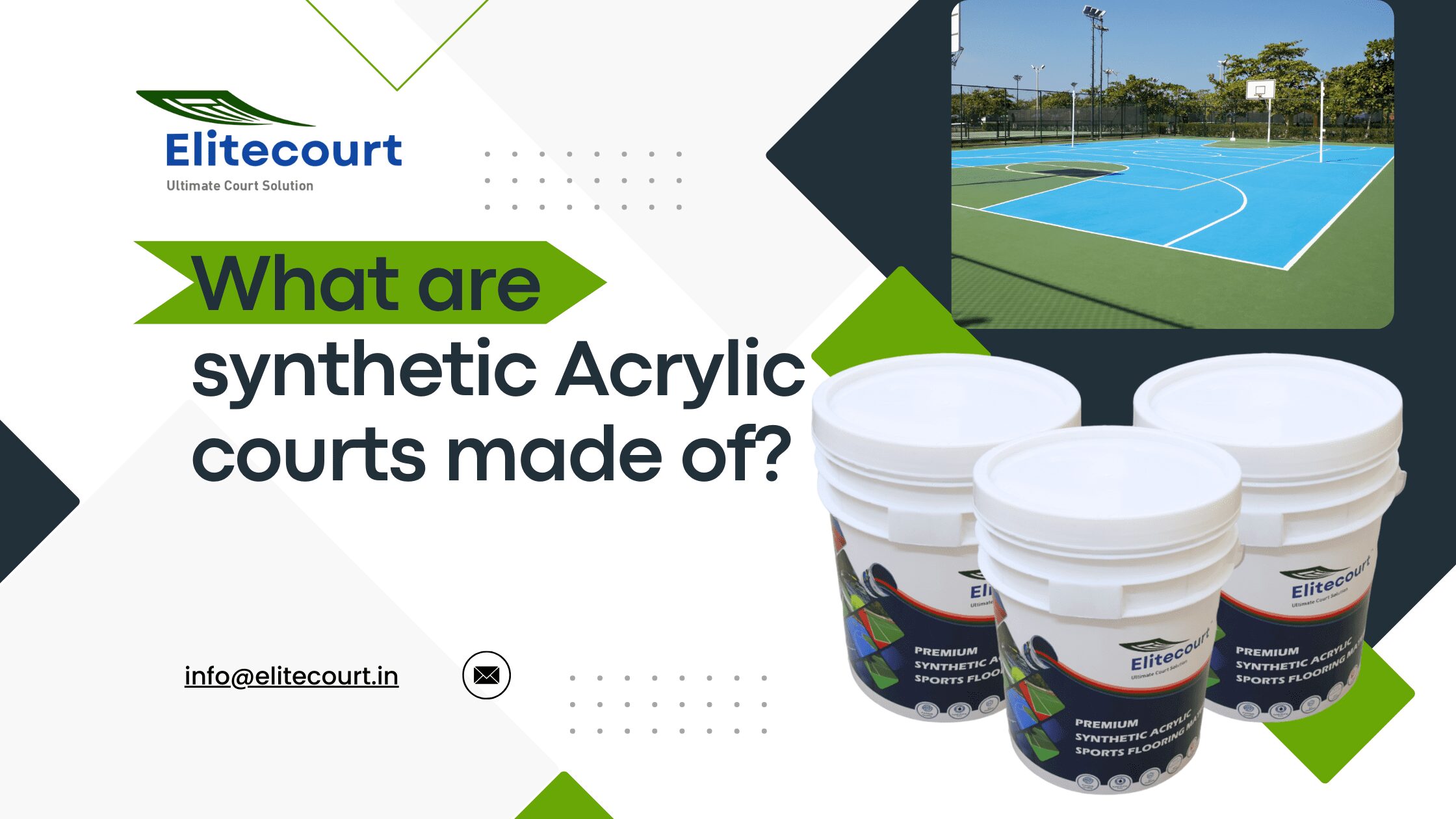
Table of Contents
Understanding Synthetic Courts: Materials and Benefits
When it comes to modern sports facilities, synthetic courts have gained significant popularity due to their durability, versatility, and low maintenance requirements. But what exactly are synthetic courts made of? Let’s dive into the materials and benefits of these innovative surfaces.
What Are Synthetic Courts Made Of?
Synthetic courts are crafted from various man-made materials designed to replicate the feel of natural surfaces while offering enhanced performance and longevity. The most common materials used include:
- Polypropylene (PP): A highly durable plastic polymer, polypropylene is often used in the construction of modular court tiles. These tiles interlock to form a stable and resilient surface, making them ideal for sports like basketball, tennis, and volleyball. Polypropylene is known for its resistance to UV rays, moisture, and temperature fluctuations.
- Polyurethane (PU): This material is frequently used in synthetic athletic tracks and multi-purpose courts. Polyurethane surfaces offer excellent shock absorption, making them suitable for high-impact sports. The material can be customized in terms of thickness and texture, providing a tailored experience for various sports.
- Acrylic Resins: Acrylic surfaces are popular for tennis and basketball courts due to their smooth finish and consistent bounce. The acrylic material is applied in layers over asphalt or concrete, creating a hard, durable surface that resists cracking and weather damage. It’s also available in a range of colors, allowing for aesthetic customization.
- EPDM Rubber: Ethylene Propylene Diene Monomer (EPDM) rubber is often used in synthetic turf systems and as a top layer for multi-purpose courts. This material provides excellent grip, cushioning, and slip resistance. It’s also highly weather-resistant, making it a great choice for outdoor installations.
- PVC (Polyvinyl Chloride): Used mainly for indoor sports flooring, PVC surfaces offer a high level of comfort and shock absorption. They are easy to clean, hygienic, and come in various thicknesses and designs. PVC courts are common in gyms and multi-sport facilities.
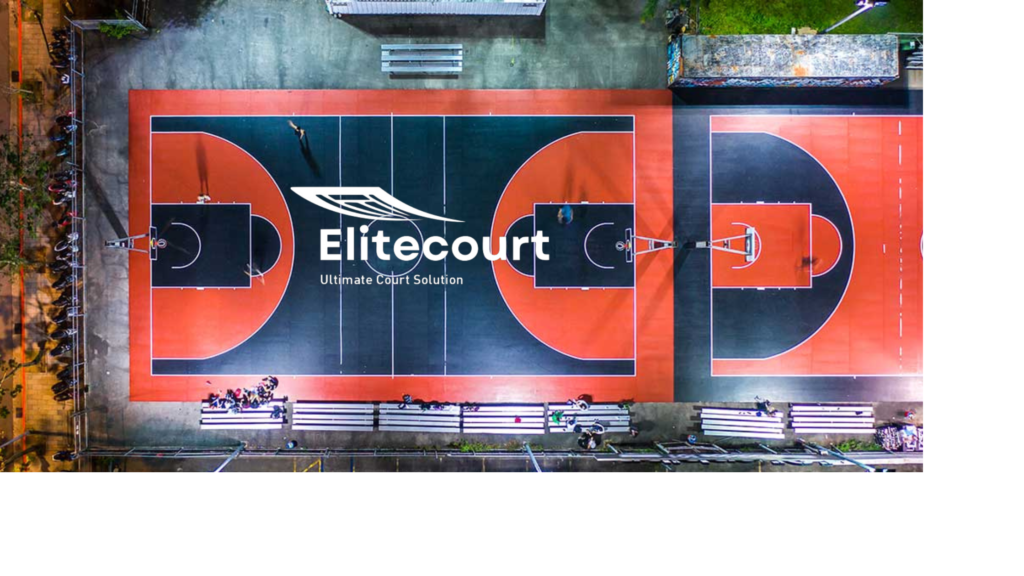
Advantages of Synthetic Courts
- Durability: One of the primary benefits of synthetic courts is their durability. These surfaces are designed to withstand heavy use, harsh weather conditions, and UV exposure, ensuring a long lifespan with minimal maintenance.
- Versatility: Synthetic materials can be engineered to mimic the properties of various natural surfaces, making them suitable for a wide range of sports. Whether it’s tennis, basketball, or a multi-sport facility, synthetic courts offer the flexibility to meet different athletic needs.
- Low Maintenance: Unlike natural grass or clay courts, synthetic surfaces require minimal upkeep. There’s no need for watering, mowing, or regular resurfacing, which reduces long-term maintenance costs.
- Safety: Many synthetic materials provide excellent shock absorption and slip resistance, reducing the risk of injuries. This makes them a safer option for athletes, particularly in high-impact sports.
- Aesthetic Appeal: Synthetic courts can be customized in terms of color, texture, and design, allowing for a unique and attractive appearance. This customization can enhance the overall aesthetics of a sports facility and create a more engaging environment for players and spectators.
Conclusion
Synthetic courts offer a modern solution for sports facilities, combining durability, versatility, and low maintenance with aesthetic appeal. Made from advanced materials like polypropylene, polyurethane, acrylic resins, EPDM rubber, and PVC, these surfaces provide a reliable and safe platform for a wide range of sports. As technology continues to evolve, synthetic courts will likely offer even more innovative features, making them an increasingly popular choice for athletes and facility managers alike.
Whether you’re considering installing a new court or looking to upgrade an existing one, synthetic surfaces offer numerous advantages that make them a worthwhile investment.

